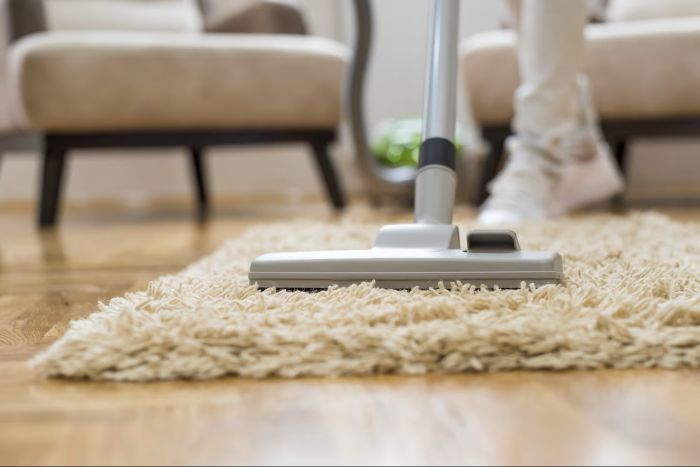Rugs aren’t just floor coverings. For many homeowners, especially those who love collecting Persian rugs Miami, they’re works of art. The colors, textures, and delicate patterns tell stories of tradition and craftsmanship. But here’s the tricky part: caring for these rugs is not as simple as running a vacuum over them.
Let’s dive into why professional rug cleaning Miami is a must if you want your treasured pieces to last for generations.
Handwoven vs. Machine-Made Rugs
Not every single rug is made the same way. Rugs that are made by machines might be pretty, but they are made to last, not to be inherited. However, handwoven carpets are based on natural colors and materials that cannot be treated in the same way.
- Handwoven carpets: Typically of wool, silk or combinations. They are more fragile and their knots are easy to loosen when handled improperly.
- Machine-made carpets: in most cases artificial fibers. They are able to withstand more punishment but still may suffer due to the incorrect cleaning techniques.
The only thing is that to act like a machine-made rug is the quickest way to destroy a handwoven one. That is why you require oriental rug cleaners in Miami who know the distinction and how to treat each variety appropriately.
The Beauty (and Challenge) of Wool and Silk Blends
Many oriental and Persian rugs use wool for durability and silk for sheen. The combination creates that soft, luxurious feel under your feet. But it also makes cleaning tricky.
- Wool fibers can hold dirt and moisture, leading to mold if not dried properly.
- Silk is incredibly sensitive and can lose its shine with the wrong detergent or scrubbing method.
If you’ve ever thought, “I’ll just clean it myself,” think again. Using the wrong product on these blends can permanently dull the rug’s beauty.
Fringe Cleaning: A Delicate Process
Fringe might look like a small detail, but it’s one of the most fragile parts of a rug. Tug on it too hard, and you could unravel rows of knots. DIY vacuuming often causes fraying, and soaking fringes can discolor them.
Professionals use hand techniques and specialized tools to clean fringes without harming the rug’s structure. It’s slow work, yes, but it’s the only way to preserve the rug’s integrity.
Why DIY Cleaning Often Backfires
It’s tempting to grab a bottle of carpet cleaner and give it a shot. But Persian and oriental rugs aren’t like regular carpets. Here’s what often goes wrong:
- Harsh chemicals strip natural dyes, causing uneven fading.
- Excess water weakens fibers and leads to mildew.
- Scrubbing breaks down delicate knots.
- Vacuuming too aggressively pulls at fringes and edges.
In short? What feels like saving money ends up costing you more in repairs or replacements. That’s where rug cleaning Miami experts prove their worth.
Why Professionals Make All the Difference
So, what sets professionals apart?
- Knowledge of fibers and dyes – They know which cleaning solutions work with wool, silk, or cotton.
- Gentle yet thorough methods – Instead of flooding rugs, they use techniques that lift dirt while protecting fibers.
- Fringe and detail care – Extra attention goes into preserving the edges and fine details.
- Proper drying techniques – Preventing mold and ensuring the rug retains its shape.
When you bring in specialists, you’re not just cleaning a rug. You’re preserving an heirloom.
Final Thoughts
If you’ve invested in Persian rugs Miami or handwoven oriental designs, cutting corners on maintenance isn’t worth it. These pieces are meant to last decades—sometimes centuries—but only with the right care.
The bottom line? Trusting professional rug cleaning Miami services ensures your rugs don’t just stay clean, they stay beautiful. Whether it’s silk, wool, or a blend, professionals know how to handle what DIY methods often destroy.
After all, wouldn’t you rather enjoy your rug’s beauty for years instead of replacing it after one cleaning mistake?



